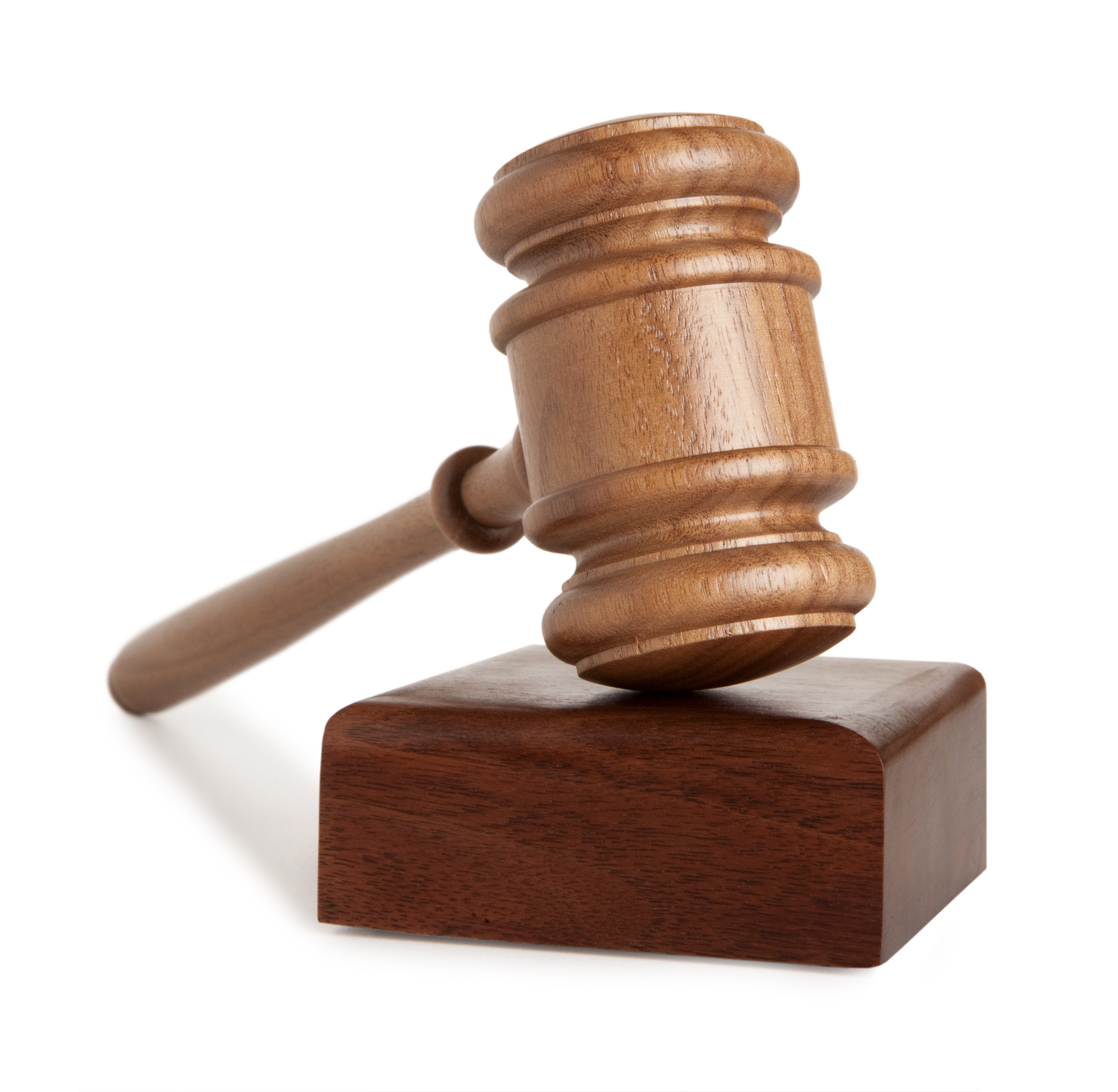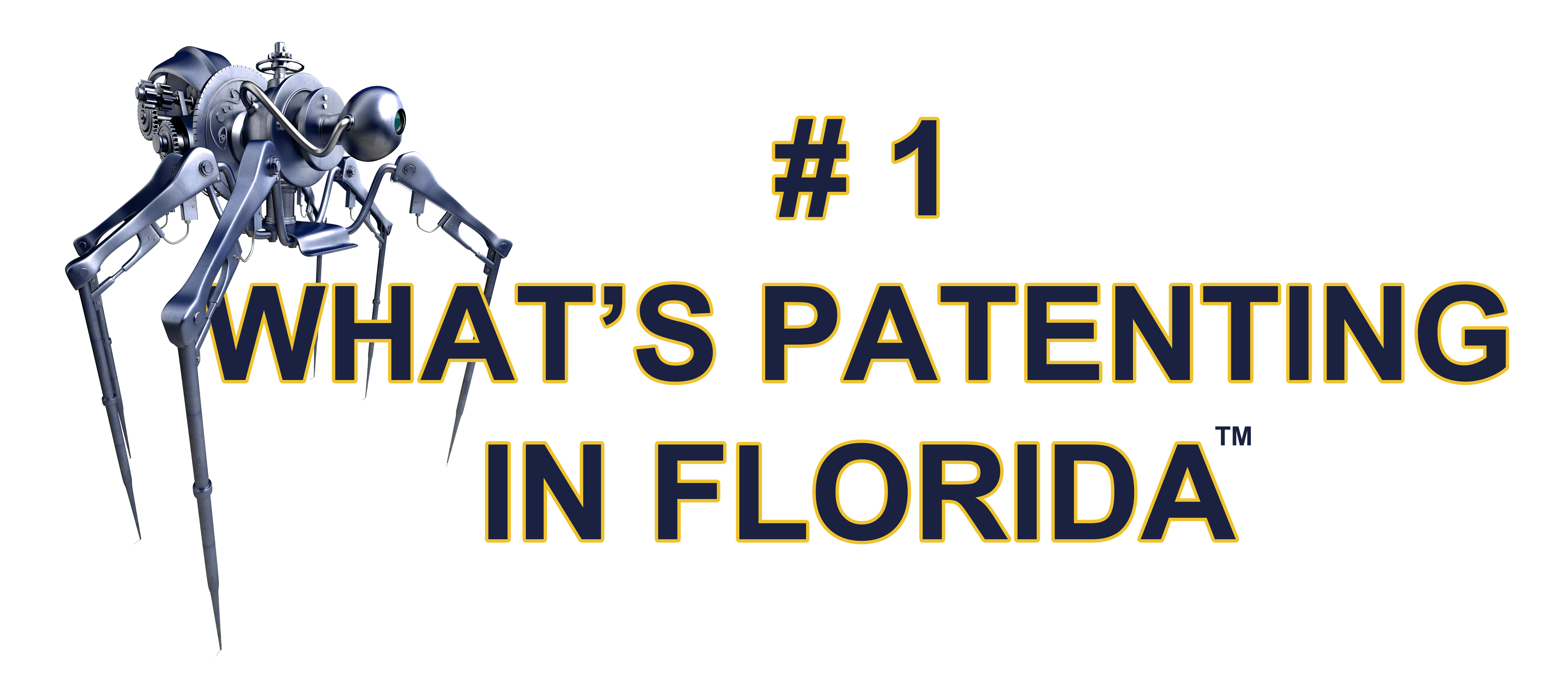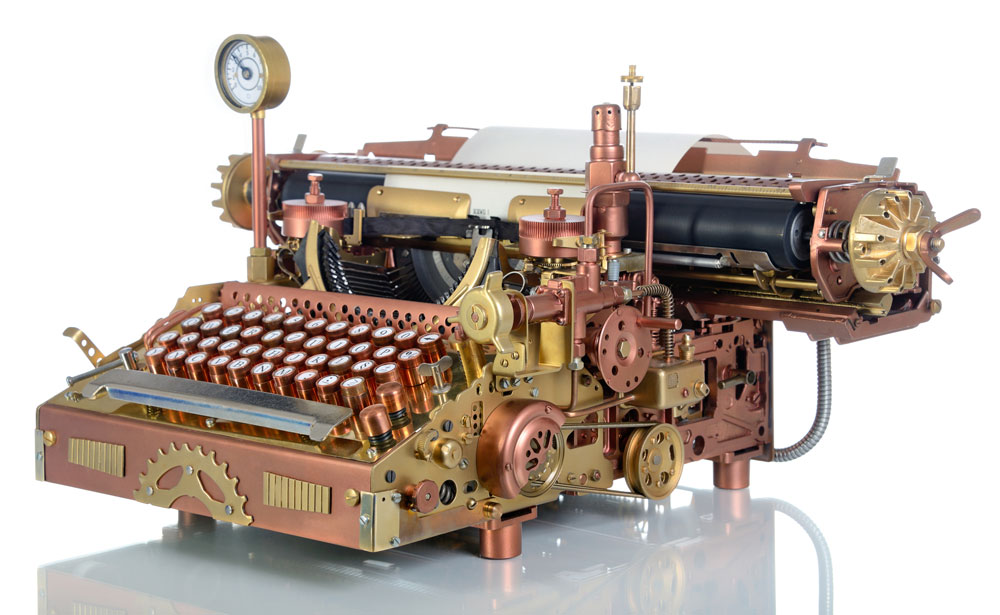Preparing Deposition of Witnesses to Answer Patent Attorney Questions
Federal Rule of Civil Procedure 26(b)(1) permits parties, through their patent attorney, to obtain discovery regarding any non-privileged matter that is relevant to any party’s claim or defense. However, this permission includes boundaries for which a patent attorney cannot cross. For instance, the Court can limit what the patent attorney may discover where the burden or expense of the proposed discovery outweighs its likely benefit, considering the needs of the case, the amount in controversy, the parties’ resources, the importance of the issues at stake in the lawsuit, and the importance of the discovery in resolving the issues. Federal Rules of Civil Procedure 30(b)(6) provides a mechanism by which a patent attorney can depose corporations. The corporation must designate a person or persons who consent to sit through a deposition to answer patent patent attorney questions. The deponent has a duty […]





